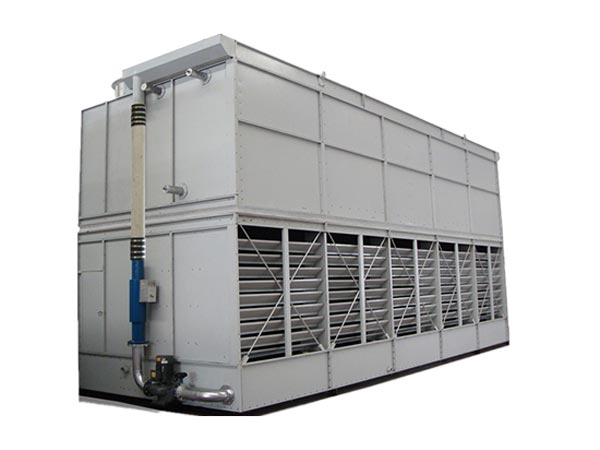Exploring the Unique Uses of Cold Rooms in China’s Modern Industry
The Cold Room Concept in China A Reflection on Culture and Commerce
In recent years, the concept of cold rooms has gained popularity in various sectors across China, particularly in food storage and distribution, as well as in the realm of hospitality. This trend is emblematic not only of China's rapid modernization but also of its cultural nuances and changing consumer behaviors. The cold room, or temperature-controlled storage unit, has become increasingly vital in ensuring food safety, extending shelf life, and enhancing the overall customer experience.
The Importance of Cold Rooms in Food Storage and Safety
China is known for its rich culinary heritage, which includes a diverse array of ingredients and cooking styles. As the country has expanded its urban centers and population, the demand for fresh produce and perishable goods has skyrocketed. Cold rooms play a crucial role in the food supply chain by providing a controlled environment for storing fruits, vegetables, meat, and dairy products, thus preventing spoilage and maintaining quality.
The Chinese government has also recognized the importance of food safety in the wake of various food safety scandals. Consequently, regulations have been strengthened, mandating the use of cold storage facilities in everything from supermarkets to wholesalers. The cold chain logistics industry has seen exponential growth, with companies investing in sophisticated technology and infrastructure to meet these requirements. As a result, consumers can trust that the foods they purchase meet safety and quality standards, a significant step towards rebuilding public confidence in food products.
Cold Rooms in the Hospitality Sector
Beyond food storage, cold rooms have made a notable impact in the hospitality sector. Chinese restaurants and hotels increasingly use these facilities to ensure that ingredients are kept fresh and accessible. It allows chefs to maintain a variety of ingredients for diverse menu options, an essential aspect of culinary excellence in a competitive market. Furthermore, having a well-equipped cold room means that establishments can cater to international dining trends, which often require specific ingredients to be consistently available.
In the realm of hotels, cold rooms are integral to providing high-quality service to guests. For instance, having a selection of chilled beverages readily available for guests enhances their overall experience. Furthermore, ample cold storage enables hoteliers to offer fresh and healthy meal options, aligning with the increasing health consciousness among Chinese consumers.
china cold room

Cultural Reflections in the Cold Room Concept
The rise of the cold room can also be seen as a reflection of broader cultural shifts within China. Traditionally, Chinese households relied on fresh markets for their daily groceries, appreciating the concept of purchasing ingredients daily to ensure freshness. However, the modern consumer's lifestyle, characterized by busier schedules and a growing reliance on convenience, has changed this paradigm. Cold rooms allow for bulk purchasing and storage, contributing to a shift in culinary practices.
Moreover, as globalization influences Chinese society, the demand for diverse food options has surged, prompting restaurants and food businesses to adopt cold storage solutions that can accommodate a wider range of ingredients. The cold room has thus become a symbol of modernity and convenience.
Challenges and Future Prospects
Despite the advantages of cold rooms, there are challenges. Energy consumption and environmental considerations are major concerns, given the impact of refrigeration on carbon footprints. Many businesses are now looking into energy-efficient cooling systems and sustainable practices to mitigate this issue. Additionally, as the industry continues to grow, there is a pressing need for skilled professionals to manage these facilities and ensure optimal operation.
That said, the cold room concept in China shows no signs of abating. As consumers continue to demand safe, high-quality food and excellent dining experiences, the role of cold storage will only continue to expand. In this rapidly evolving landscape, the cold room stands as a testament to the blending of tradition with modern convenience, reflecting a continually adapting Chinese culture and economy.
In conclusion, the cold room phenomenon in China encapsulates a multifaceted narrative of cultural evolution, food safety, and modern convenience. As the nation pushes forward into an era of technological advancement and changing consumer expectations, cold rooms will likely remain a pivotal aspect of the food and hospitality industries, symbolizing the balance between heritage and modernity.
















































































































